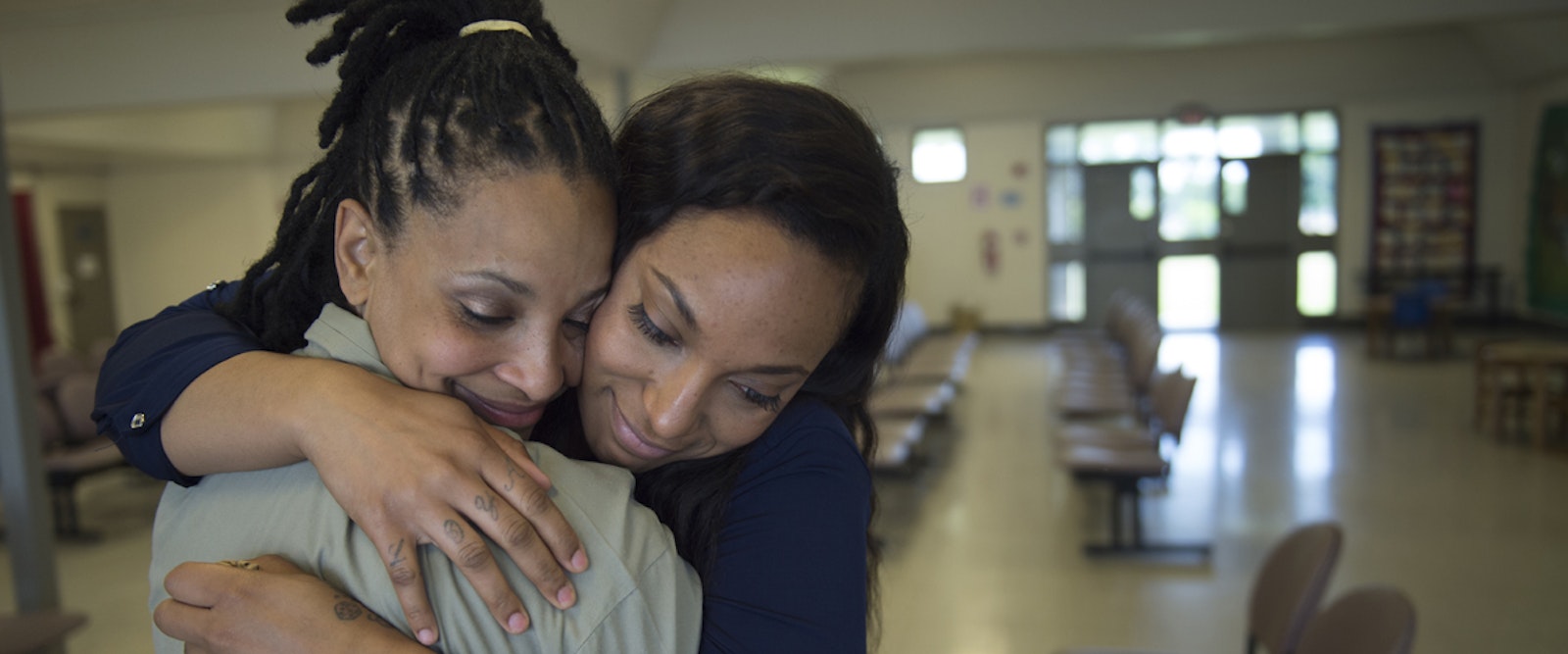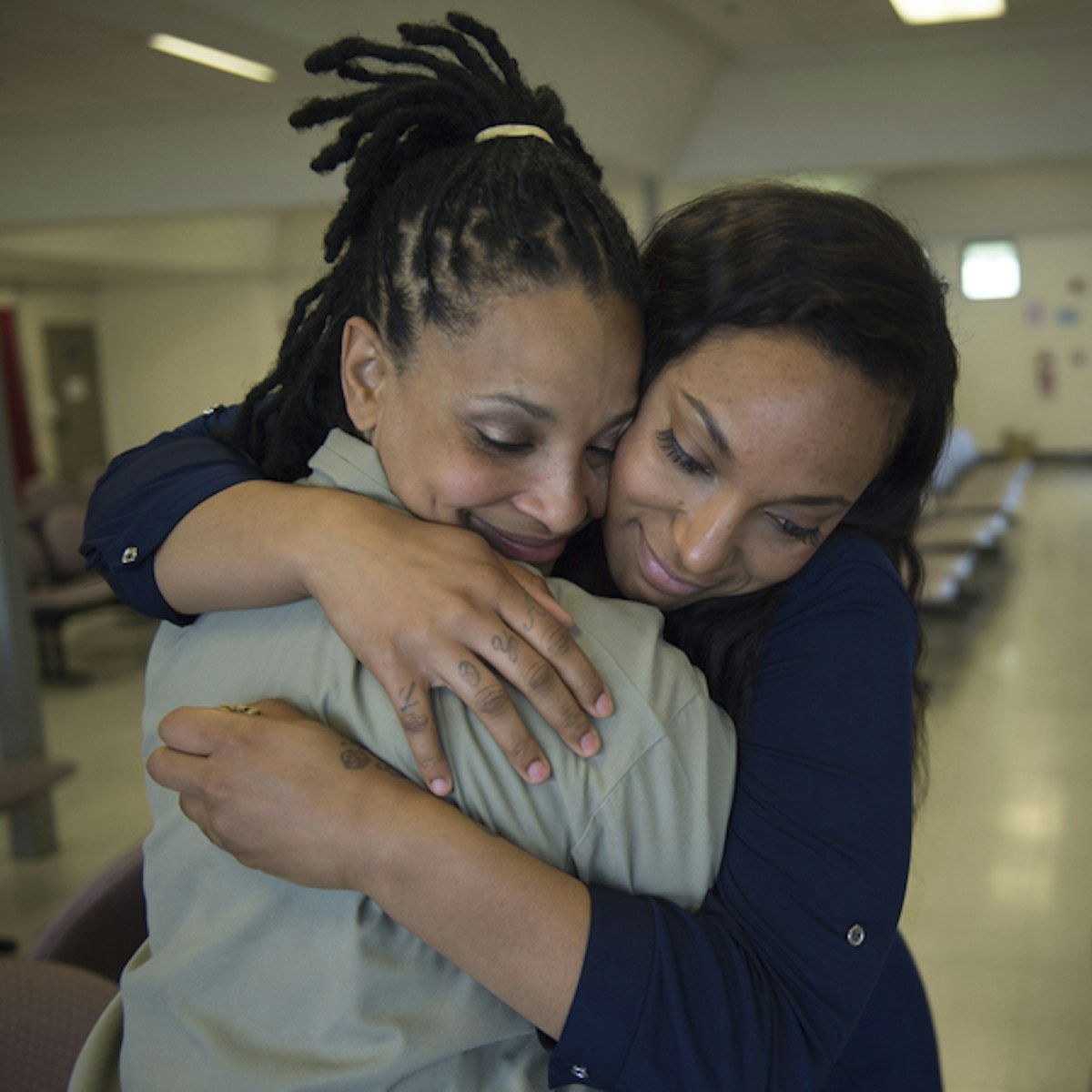On any given day, there are more than 2.2 million people incarcerated in jail or prison. Millions more are back home with their families and working every day to contribute to their communities, while often facing thousands of insurmountable legal and social barriers from their convictions. They are mothers, fathers, sisters, brothers, sons, and daughters. Too often, those are not the words we use to describe them. Instead, we use harmful labels like criminal, felon, offender, and convict.
The use of these permanent labels has shaped the perception of those impacted by the system, particularly Black and Brown people, and has shaped the policies and practices that fuel our country’s mass incarceration crisis and harm countless individuals, families, and communities.
Words matter. Our language choices matter.
For years, advocates have rightly argued that the dehumanizing, racist, and harmful language used to talk about people who have had interaction with our nation’s criminal justice system hurts and disadvantages them, their families, and their communities. And, in recent years, more and more Americans are paying attention to the intergenerational damage our criminal justice system has had on our country, and a renewed call for justice has emerged.
One of the many ways we all can contribute to the fight is by doing our part to use more respectful and humane language to describe individuals impacted by the system as people, first.


